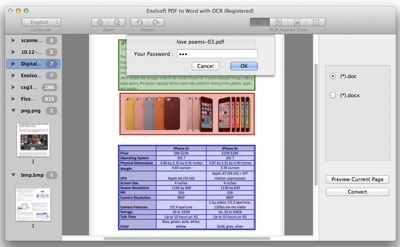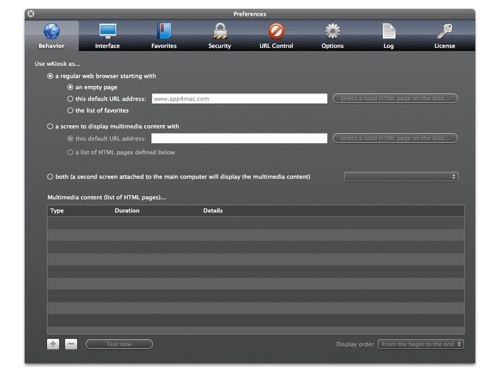Virtual reality headset shipments are showing no signs of slowing, as the quarterly total exceeded one million units for the first time in quarter three (Q3) of 2017, according to the Canalys (www.canalys.com) research group.
Sony took the lead, shipping more than 490,000 PlayStation VR (PS VR) sets in Q3. It was followed by Oculus, which shipped 210,000 of its Rift headsets. HTC took third place, shipping 160,000 Vive VR units. Collectively, Sony, Oculus and HTC made up 86% of the total market in Q3 2017.
Oculus increased shipments of its Rift headsets by cutting the price to US$399 for a limited time, matching that of the PS VR. “VR adoption in the consumer segment is highly dependent on price, and Oculus’ strategy of lowering prices has definitely helped drive adoption,” said Canalys Research Analyst Vincent Thielke.
\
Incumbents and new players entering the market are targeting similar price points. “Hugo Barra is betting on his next product, the $199 Oculus Go standalone headset, to reach more users next year. The Go will excite first-time users, but driving adoption beyond social media will be a challenge.The positive results of the Q3 summer sale prompted Oculus to permanently lower the price of the Rift to $399 in November.”
In Asia, Japan’s unique gaming and entertainment culture has helped VR adoption, according to Canalys. VR in Japan has benefited immensely from the emergence of VR experience zones across the country, such as in Shinjuku, Tokyo. Japanese consumers enjoy living their fantasies in virtual reality, a trait that stems from their anime and gaming culture.
“Sony is well placed to take advantage of this increasing interest in VR,” said Canalys Analyst Jason Low. “Sony has dominated the Japanese VR headset market since the release of the PS VR, taking more than an 80% share, and will continue to lead as it increases supply of the PS VR headset with bundles featuring new titles from popular franchises, including Doom, Skyrim and Gran Turismo.”
The global VR headset market is expected to gain a sizeable boost in 2018 from new entrants supporting Microsoft’s Windows Mixed Reality platform.
“VR in business can be applied to many industries, such as manufacturing, healthcare and education,” said Low. “As top-tier PC vendors, including HP, Lenovo, Acer, Asus and Dell, launch their own VR headsets, using their distribution channel efficiencies, one can expect a strong VR uptake in business.”



